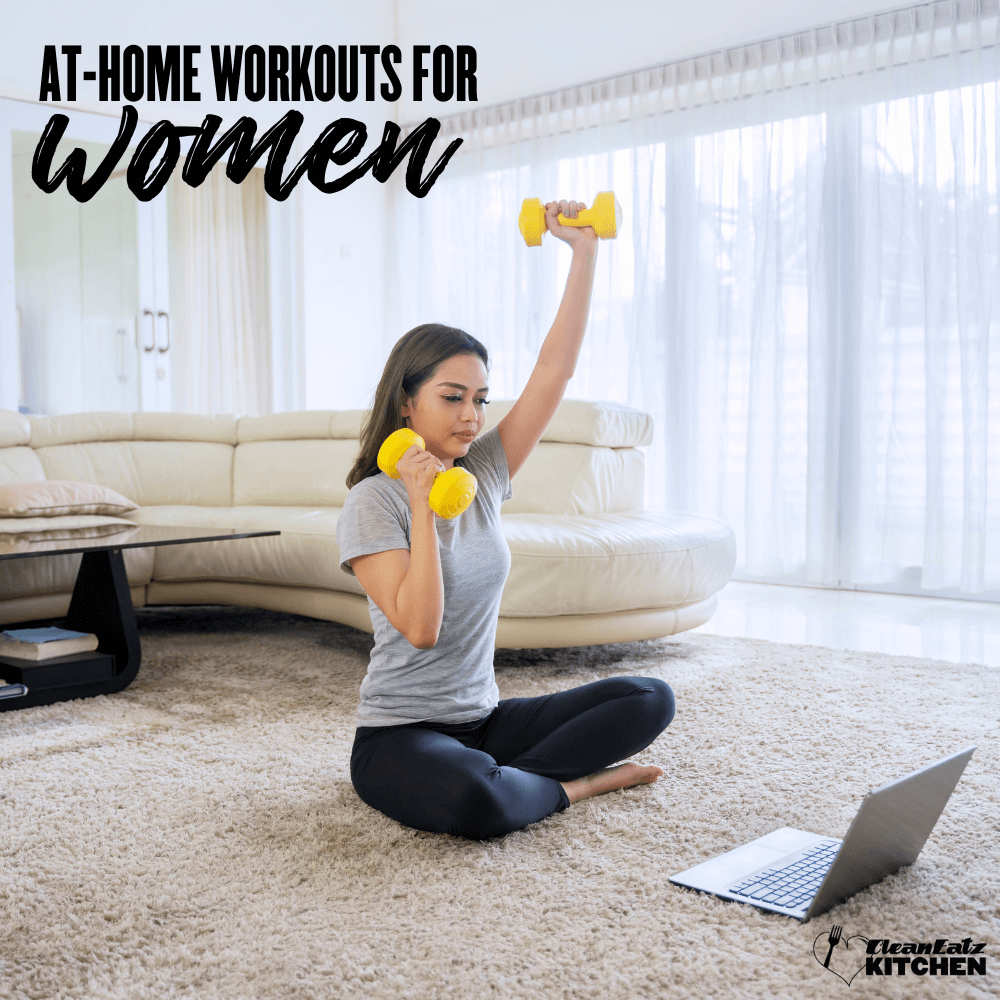![]()
What Are the Pros and Cons of Fitness Trackers
Crystal Zabka-Belsky, MS, RDN, CSSD, LMNT, LDN
Exercises & Fitness
|
Healthy Lifestyle
5 minute read
Fitness trackers are all the rave. But do you need a fitness tracker in order to lose weight? Are there any downsides to having a fitness tracker? There is often a short-term increase in exercise engagement when people choose to implement a fitness tracker, which can serve as a jumpstart to beginning a new workout plan. However, the impact that fitness trackers have seems to depend on individual factors such as an exerciser’s gender, ethnicity, exercise goals, type of exercise, and psychosocial health. To determine whether or not a fitness tracker makes sense for you, let’s take a look at some of the pros and cons.
PROS:
The first pro is an increased sense of control. Let’s face it. We are all control freaks in one way or another. When it comes to eating and exercise, the absence of feeling in control often leads our behaviors to become out of control. When this happens, all hell breaks loose and we often throw in the towel. This is exactly the time that we need a strategy to take the reins and regain control. The introduction of a fitness tracker provides direct insight to calories burned versus calories eaten throughout the day. Calories burned are tracked for both general activities of daily living and for exercise engagement, providing a total caloric output number for the day. To create the opportunity to compare input and output, many fitness trackers also have a phone app that allows for scanning of food labels and entry of foods eaten to make keeping food and exercise logs simple and pretty darn accurate. This creates a newfound sense of control because we can monitor food intake throughout the day and proactively choose to create a caloric deficit in real time simply by keeping our caloric intake below our caloric output. And with this, voila! Weight loss starts to happen. The great thing is that for those individuals seeking weight gain, which is commonly seen with male athletes, it is just as simple to use a fitness tracker to create a caloric surplus.
Alongside an increased sense of control is increased insight to a variety of health measures such as exercise heart rate, resting heart rate, sleep patterns, body temperature, breathing rate, oxygen saturation, stress management and exercise readiness. Having insight to improvements in each of these measures of health helps to demonstrate that weight loss is not the only indicator of change. All too often, we get hung up on thinking that the absence of weight loss means that we are failing or doing something wrong. The ability to see reductions in resting heart rate over time, achievement of optimal exercise heart rates and improvements in overall fitness level can be additional ways to feel empowered and motivated. And let’s be honest here. The simple introduction of something new and exciting related to health goals often serves as a fire starter, whether it be new running shoes, a cute pair of yoga pants or a fitness tracker. When we look the part, we feel the part.
CONS:
Ok, so with all of this wonderfulness that fitness trackers can bring, what could possibly be a downfall? First and foremost, fitness trackers are not cheap. They can range from $100 to $500 or more, depending on what you are looking for. It is important that you spend some time sifting through all of the options and choose a fitness tracker that meets your needs without a bunch of unnecessary bells and whistles.
A potential downfall of gaining insight to so many factors related to exercise, nutrition and health measures is a risk of preoccupations and obsessions. Having worked with eating disorder patients for over 15 years, I have certainly found that fitness trackers are not for everyone. If the introduction of a fitness tracker creates or amplifies dysfunctional eating or an obsession with overanalyzing food and nutrition-related numbers, it may not be for you. The intended function of a fitness tracker is to create healthy accountability and ongoing motivation for change, not to create guilt or shame. If the fitness tracker becomes a function of an eating disorder, dysfunctional eating, or unhealthy preoccupations, it should be avoided or eliminated.
Interestingly, some emerging research highlights just how fitness trackers could contribute to mental health concerns if not utilized in a healthy, positive fashion. Having recently been coined as “FitBit Anxiety”, this phenomenon shows how fitness trackers can actually do more harm than good if not aligned well with an individual’s personality. So, what causes these issues? A significant potential trigger is stress overload. For some people, the insight into so many health-related factors creates unnecessary high anxiety for some people. For example, when a fitness tracker buzzes every hour reminding one to be active, it can be interpreted in two different ways. The goal and the expected result are for it to simply be a friendly reminder. However, for some, it can be taken as a scolding or indication of inadequacy. This turns the intended positive reminder into a negative feeling. For individuals who present addictive personalities, this constant reminder can create obsessive unhealthy thoughts and behaviors.
Preoccupations with food and fitness can be debilitating. That is exactly why Clean Eatz Kitchen is committed to minimizing the need for over-analyzing food and eating choices. Although we do provide nutrition information for all meals and snacks we have available, we also create our meals with consistency in mind. As you build your healthy meal plan, you can choose meals that are similar in calorie and macronutrient content. This eliminates the need for weighing, measuring, and micromanaging food preparations. Once your meal plan is put together, you can sit back and relax trusting that your eating pattern will be consistent and under control. If you haven’t started building your individualized meal plan yet, what are you waiting for?! It’s time to get started.
Related Articles
Tabata Workout Routine for Women at Home
5 minute read
Are Bananas Good for Weight Loss?
6 minute read



